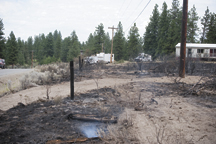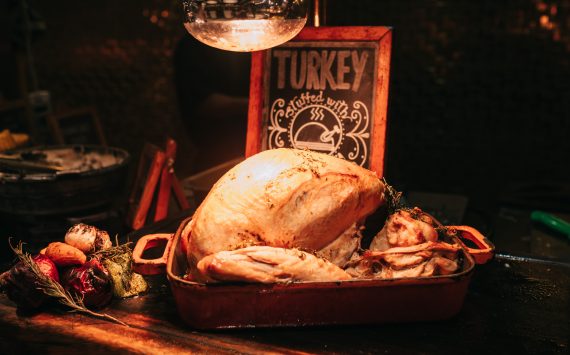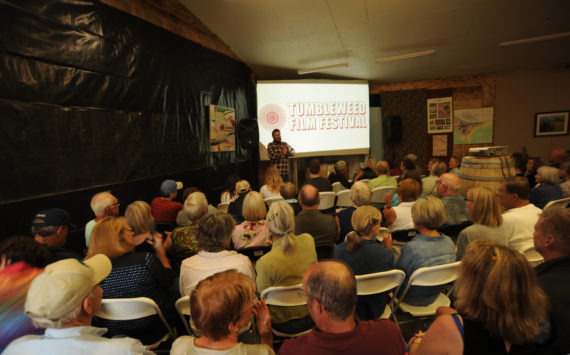Weare privileged to live in Washington State. The Pacific Northwest is knownfor its shining lakes, lush greenery and majestic mountains and many choose tolive among these surroundings. But with this great privilege also comes a greatresponsibility; we must preserve these natural resources we hold dear and workto maintain our homes and communities in a way that minimizes theirvulnerability to wildfire.
Aftera long, wet spring, our summer has finally arrived. It seems counter intuitive,but lots of rain can mean lots of wildfire later, due to the increase invegetation. Right now spring’s over-growth is quickly drying out to become fuelfor fall wildfires. We can’t prevent all wildfiresfrom occurring. When wildfires occur naturally, such as by lightning, they canbe beneficial in the long run to the overall health of the forest. But others,such as the Salmon Wildfire in the Green Lake area that has burned morethan 1,900 acres, have been human caused. With care and early preparation,we can lessen wildfire damage to our homes and properties.
Washingtoniansrecognize this, and that’s why each year more and more are taking part in theNational Fire Protection Association’s Firewise Communities/USA® recognitionprogram. In fact, Washington leads the Western states in the number ofneighborhoods participating. This program, available to all Washingtonresidents, asks neighbors to band together to dedicate themselves to preparingtheir homes and communities for the threat of wildfire.
Firewiseoffers simple tips on how to minimize wildfire damage to homes.  Forexample, flammable debris and vegetation within 30 feet of your home should bescaled back and maintained to decrease the risk of ignition. Ensure yourgutters are clear and that no tree branches come in contact with your roof-thisis the easiest way fire can spread to your home. Additionally, no flammablematerials, including plants, should touch any part of your home. Plant debrisfrom your yard clean up should be recycled, not burned.  All burn bans inaffect in your community should be followed.
Weencourage everyone to do their part and take proactive measures to mitigate theeffects of wildfire in our state. Those of us who choose to live in secludedwoodland areas have a role to play in keeping our property thinned and preppedin the event of wildfire. We all have a responsibility to act in a way thatwill help preserve our homes and Washington’s natural resources.
Firewise Communities offers expert solutions tocommunities based on their individual needs and resources, and can provide youwith detailed information on building and modifying homes and theirsurroundings to improve their chances of surviving a wildfire. Free materialsare provided online at www.firewise.org and through the Washington State Departmentof Natural Resources at http://www.dnr.wa.gov.Using Firewise principles can make a difference in survival for your home andcommunity.
Janet Pearce is withthe Washington State Department of Natural Resources and Dave Nuss is theWildland Fire Operations Division manager with the National Fire ProtectionAssociation.




